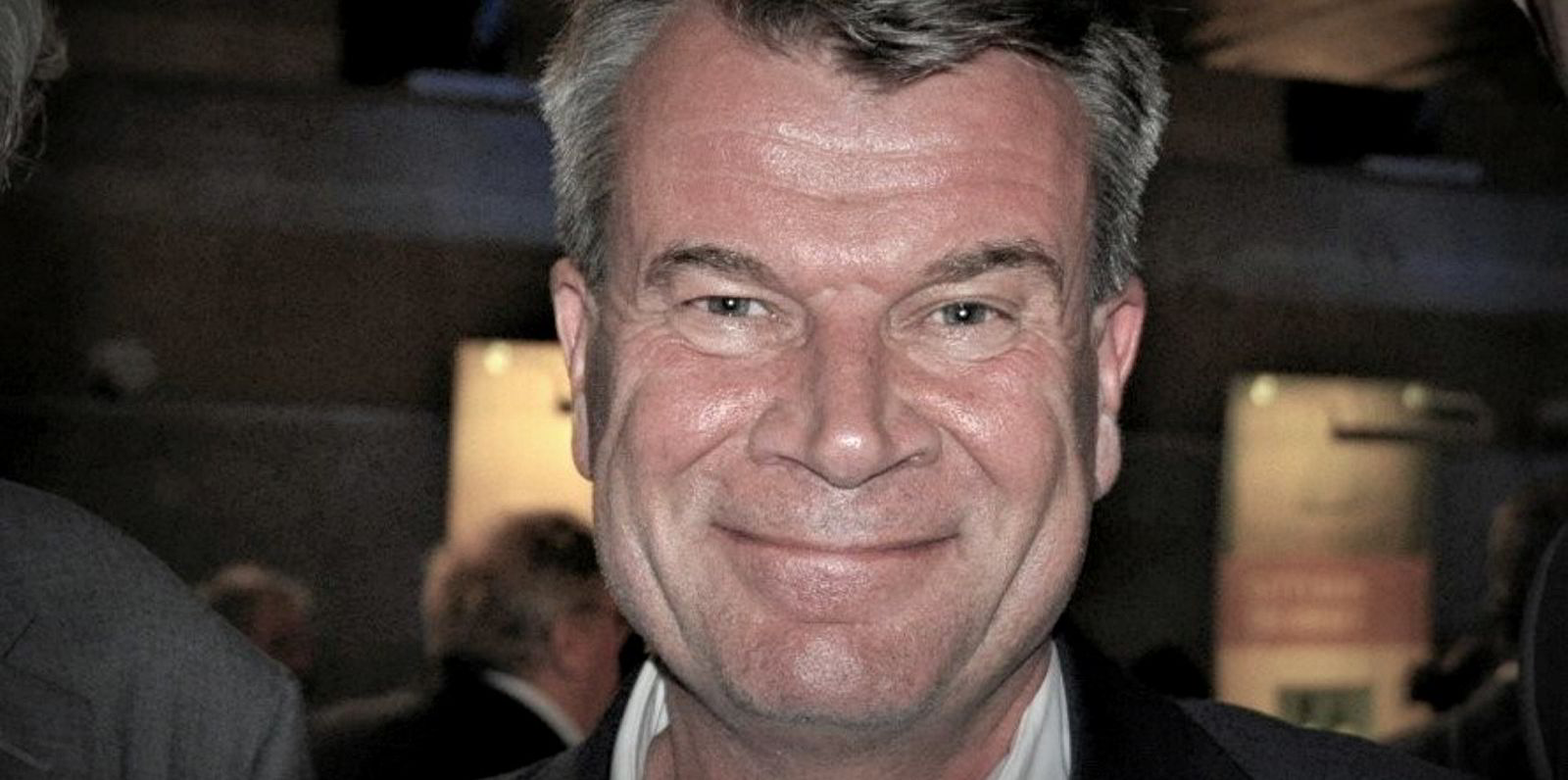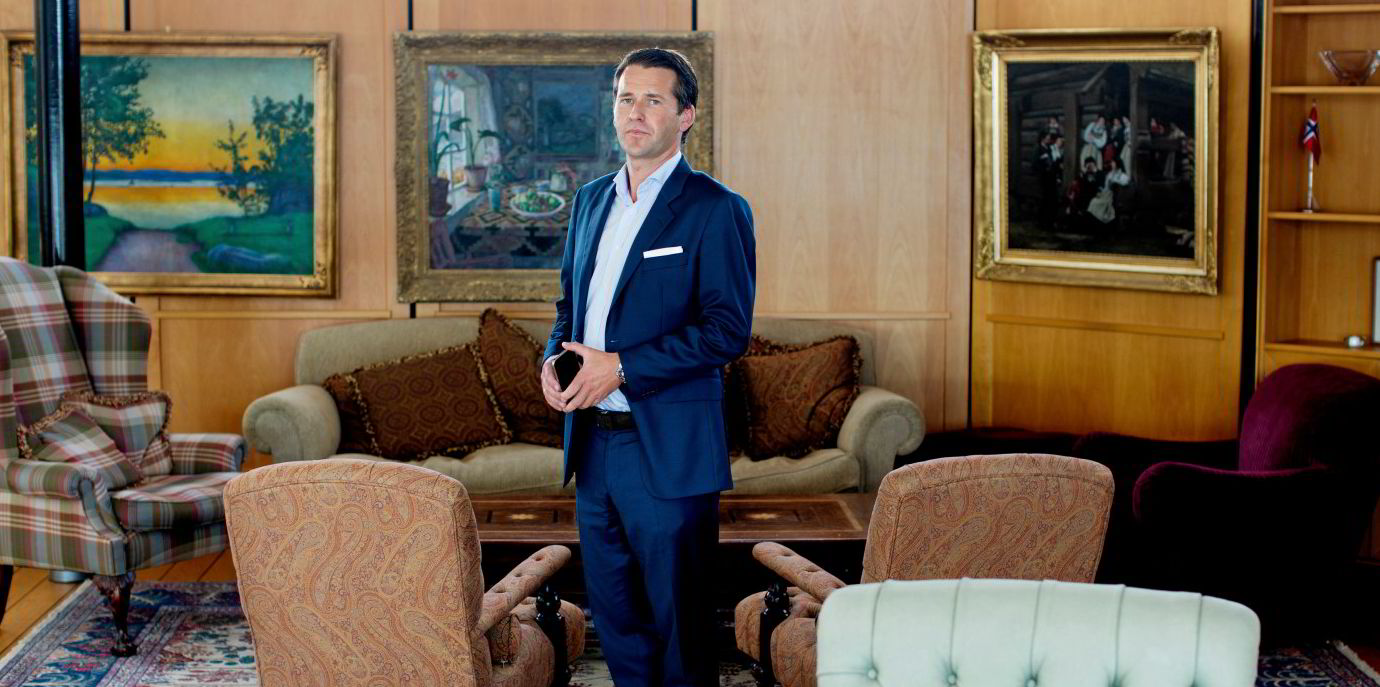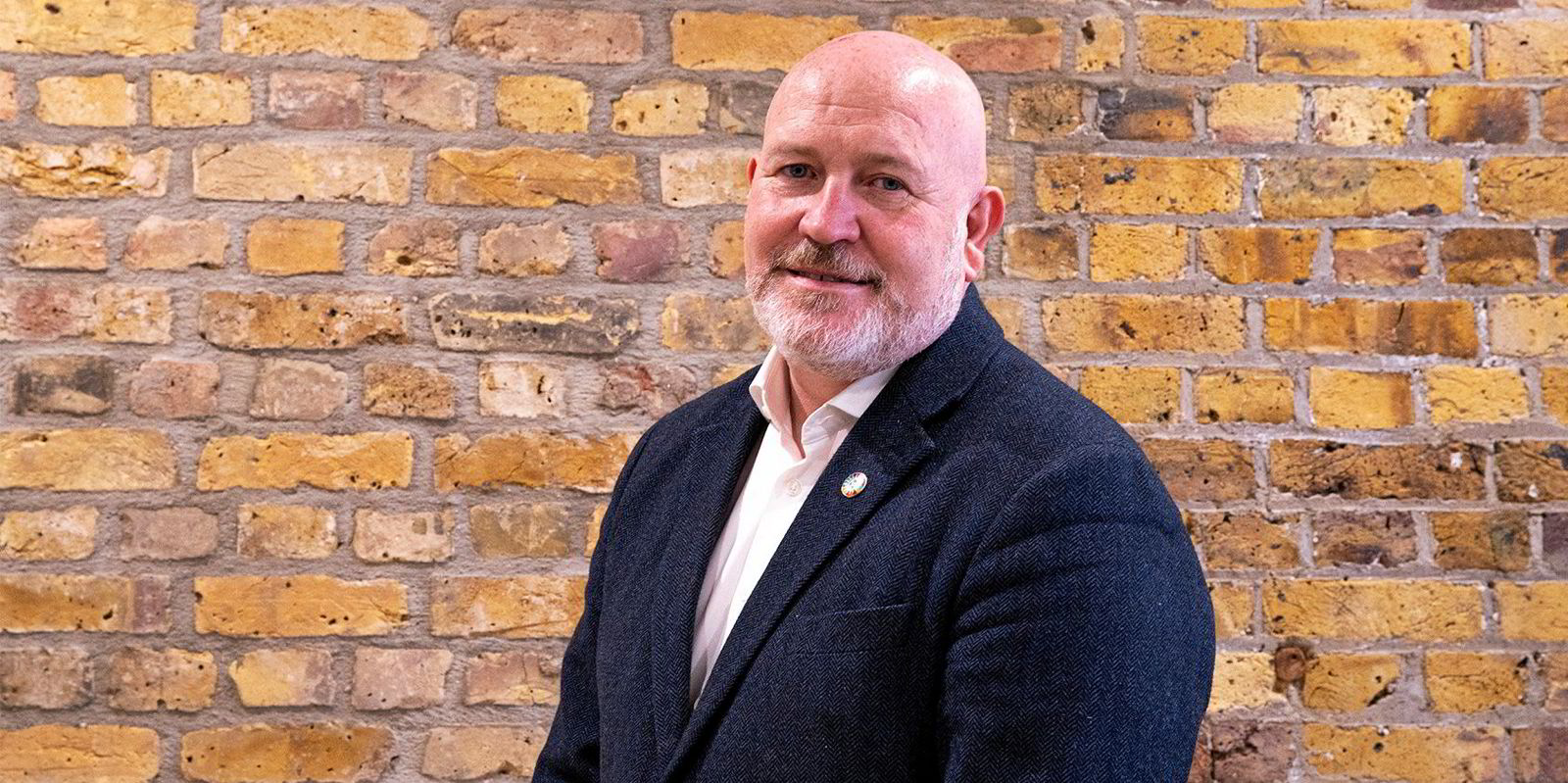I was the youngest person in the room for a good deal of my career in journalism and I hated it.
In a way, it was a good thing — people remembered me. But I also found it lonely. You cannot hide when you stand out. I was for a long time "the young girl" and unfortunately ageist and sexist mistreatment came as part of that.
Today, I feel like the industry is finally starting to think seriously about engaging young people.
Two high-profile shipping leaders recently stressed the importance of getting new blood into the industry.
Marius Hermansen, group CEO of Fearnleys, last week said the Norwegian firm is hiring more young people to get a fresher outlook on its business.
Athenian Holdings CEO Jens Martin Jensen remarked during a London International Shipping Week panel: "If we fail to improve governance or transparency ... then we will fail to attract the capital we need. But, probably more important, we will also fail to attract younger people to join this industry.
"Very few young people know about the shipping business and I think that probably the best commodity we have in the world is actually people and talent. We need to get some fresh blood in," he said.

He is not wrong, and I have spoken to two companies this week that said they are actively looking to recruit youngsters while shipping markets are high.
But if people and talent are shipping's most valuable commodity, why don't we get treated as such?
Making diverse hires is one thing, but we also need to have pathways for those people within organisations. Professional development, sure. But it is also about ensuring that the people on those career pathways are not off-roaded by prejudice, bigotry or just plain mistreatment. Talented people will — and have — left this industry because of the mistreatment they have received at the hands of colleagues.
A friend of mine, in her 20s, worked for a while as a tanker broker but exited the shipping industry altogether. She was tired of having to sit and listen to another — older — guy on the desk talk loudly about all manner of things that are deemed verboten by polite society, including demeaning talk about women. She decided she was over it and quit.

Another lady I know, who was lauded for her work on behalf of women in this industry, ironically quit her job after experiencing extremely sexist mistreatment by her superiors. She also decided she was over it.
For my part, my first job was a baptism of fire so I sought out senior journalists to be my mentors. The plan mostly worked and, 12 years later, I'm still here.
Deflating experience
But other "mentors" were a complete disappointment. "Wouldn’t you rather be working for Vogue?" asked one wizened old fossil. Another man asked me an extremely personal question about my sex life and I had to make a swift getaway.
I cannot be alone in experiencing this — starting out as ambitious and engaged, only to have negative experiences that just made me feel a career in shipping probably was not worth the effort.
Making diverse hires is only step one. You have to make people want to stay and it will take more than decent bonuses and perks to do that.
We absolutely do need to get some young blood into this industry. Part of it, as Jensen says, is about telling the right story about shipping to the outside world and making people want to work here in the first place.
But we have much work to do internally too. When we think of the problem of "brain drain" in shipping, usually the conversation is about talented people leaving us because we do not offer enough in the way of opportunity.
From what I have seen, there is plenty of "brain drain" from this industry because people have not been treated well — sometimes as a result of an identity they hold — and have quit.
You and I both know that the younger generation these days does not play around when it comes to social-justice issues.
If shipping is serious about hiring more young people, it needs to open its eyes — the S in ESG alludes to a much-needed shift in culture.






